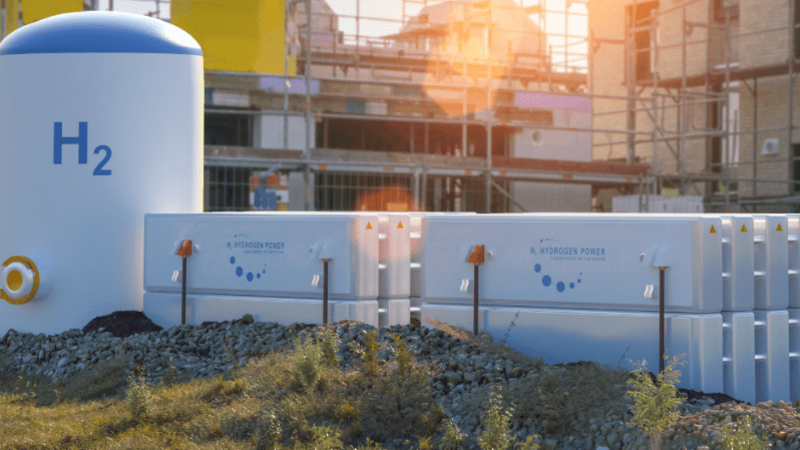Connecting...
How the Hydrogen Strategy can support the UK’s net zero goals
over 4 years ago

The UK Government’s Hydrogen Strategy sets out plans for £4bn of investment into technology aimed at reducing carbon emissions and helping the UK on its path to net zero. The plan follows a £500m government pledge to the hydrogen sector and has the potential to create 9000 jobs by 2030.
If all goes according to plan, 20-35% of the UK’s energy could come from hydrogen by 2050. However, almost all the hydrogen currently produced in the world is generated from fossil fuels, with clean energy sources two to three times more expensive. However, it is hoped that a combination of policy and private sector funding could lead to hydrogen enjoying the same success as offshore wind, which has seen investment of almost £19bn over the past 5 years.
The 10 point plan
The Hydrogen Strategy follows the government’s Ten Point Plan which strives to create 5GW of low-carbon hydrogen production capacity by 2030. Plans include a Hydrogen Neighbourhood in 2023, a Hydrogen Village by 2025 and ultimately, the UK’s first town run entirely on hydrogen.
What isn’t yet clear is what the hydrogen source will be and what the government considers to be a “ low-carbon hydrogen source”. A more detailed document outlining what constitutes a low carbon hydrogen source is expected next year.
Is it the answer to decarbonising heat?
Decarbonisation rates for the heating sector have struggled to progress and still account for a fifth of the UK’s emissions. A lot of work has been done in the HVAC sector to develop more efficient boilers but only 5% of homes have low carbon heating. Natural gas is still the dominant source of heat. If hydrogen can replace natural gas, this could have a dramatic impact on the UK’s journey to net zero.
The Hydrogen Strategy sets out details of how the Government, Health and Safety Executive and Ofgem are working together to develop hydrogen heating trials to determine how hydrogen can be used as a way of decarbonising heat.
Net Zero hubs
The race is also on to create a number of new net zero industrial hubs across the UK, with six locations currently being developed. Net-Zero Teesside focuses on carbon capture, utilisation and storage technology (CCUS) and is backed by the likes of P, Eni, Equinor, Shell and Total. In the Humber region, Drax, Equinor and National Grid are planning a zero-carbon industrial hub with a demonstration hydrogen production facilityand carbon capture equipment on one of the four biomass units at Drax Selby.
The Committee on Climate Change (CCC) believes scaling up carbon capture and hydrogen capabilities is key to the UK achieving net zero and playing its part in ensuring global temperature rises are limited to 1.5C.
Thornhvac specialises in recruiting for HVAC and manufacturing businesses across the UK. Talk to us about the latest opportunities in Heating, Renewables and other HVAC sectors. Call 0115 871 4777 or visit our jobs page for the latest opportunities.
